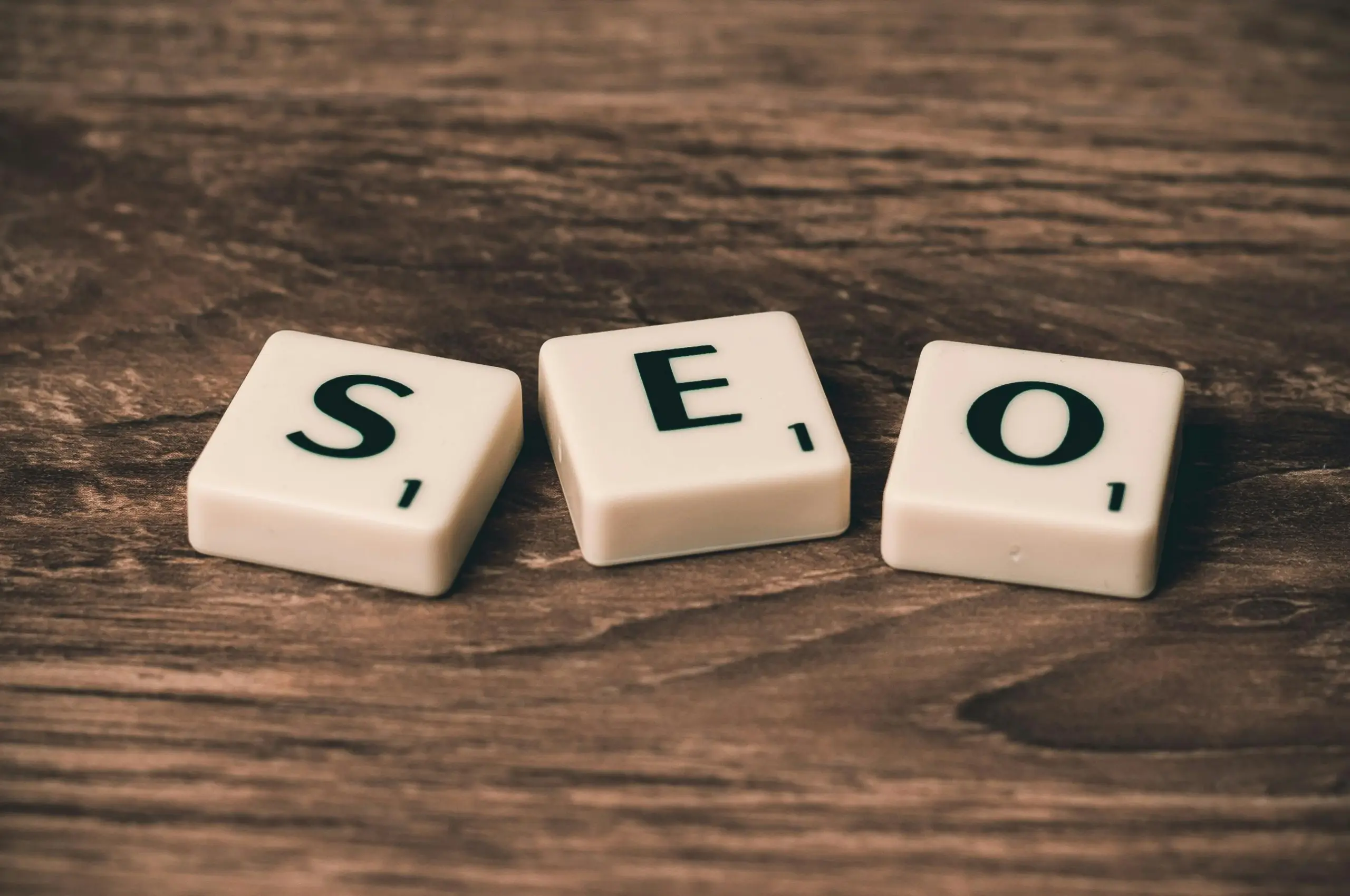
AI
SEO
SEO


When it comes to improving visibility on Google, many companies know they need to invest in SEO. However, what is not always clear are the differences between on-page SEO and off-page SEO and, mainly, when each one should be prioritized within the digital strategy.
These two optimization fronts are complementary, but act at different points: while the On-page SEO ensures that the website is understood by search engines and offers a good user experience.
Already the Off-page SEO builds brand authority outside the domain, increasing your digital reputation.
In this article, we will detail the essential differences between the two practices, show real-world examples of application, and indicate when each approach should be prioritized.
THE On-page SEO brings together all the actions carried out within the website so that it can be easily understood by search engines and provides fluid navigation to the user.
In addition to inserting keywords, on-page ensures that the content is well structured, fast, accessible and relevant.
Example: an e-commerce site that improves its product pages with optimized descriptions, user-friendly URLs, and lightweight images tends to appear better in searches and convert more.
While on-page SEO is internal, the Off-page SEO acts externally, strengthening the brand's reputation. The goal is to show Google that the site is relevant, reliable and recognized by third parties.
Search engines interpret external signals, such as backlinks and mentions, as votes of confidence, increasing domain authority and, consequently, ranking chances.
Example: a technology startup Those who participate in interviews on business portals and have their case studies published on specialized websites gain authority and rise in positions on Google.
Although complementary, the two approaches present fundamental differences. See the table below:
| Aspect | On-page SEO | Off-page SEO |
|---|---|---|
| Focus | Internal structure and user experience | Authority and external reputation |
| Control | Total (adjustments made within the website) | Partial (depends on third parties) |
| Example of action | Optimize headings, meta tags, speed, and UX | Earn backlinks and brand mentions |
| Direct impact | Better indexing, higher relevance and CTR | More trust from Google and increased DA |
| Main metric | Dwell time, CTR, engagement | Domain authority, quantity/quality of links |
This differentiation is fundamental: while on-page SEO helps Google understand what you offer, off-page SEO shows that the market validates its relevance.
The two don't always need to have equal weight in the strategy. Ideally, you should understand the business's stage:
Must prioritize On-page SEO to structure a solid website, indexable and with a good browsing experience.
Without this, off-page marketing loses strength, as the traffic gained through backlinks can be wasted on a poorly optimized website.
They can focus more efforts on off-page SEO, strengthening domain authority with partnerships, guest posts, and strategic mentions.
They need to balance the two. On-page SEO ensures that product and category pages are well-understood, while off-page SEO increases credibility and generates qualified traffic.
They can benefit greatly from off-page listings through directories, Google Business Profile reviews, and citations on local news sites.
A common mistake is to treat on-page and off-page as isolated projects. To achieve consistent results, they must be integrated.
Some best practices include:
Think of SEO as a gear: on-page organizes the house; off-page attracts guests.
Even experienced companies can make mistakes that compromise results.
Understand the differences between On-page SEO and off-page SEO is essential to create a balanced and sustainable strategy.
On-page ensures that the site is relevant and well understood, while off-page shows the market — and the Google — that your brand deserves authority.
For expressive results, the secret is in integration of the two approachesCompanies that combine optimized content, solid technical structure, and market authority achieve higher and more lasting positions on Google.
And if you want to apply these strategies intelligently and tailored to your business, follow55 can help.
Talk to the follow55 team and discover how to structure a complete SEO strategy that combines on-page and off-page techniques to increase your organic traffic and strengthen your brand's authority.

AI
SEO

SEO


SEO
